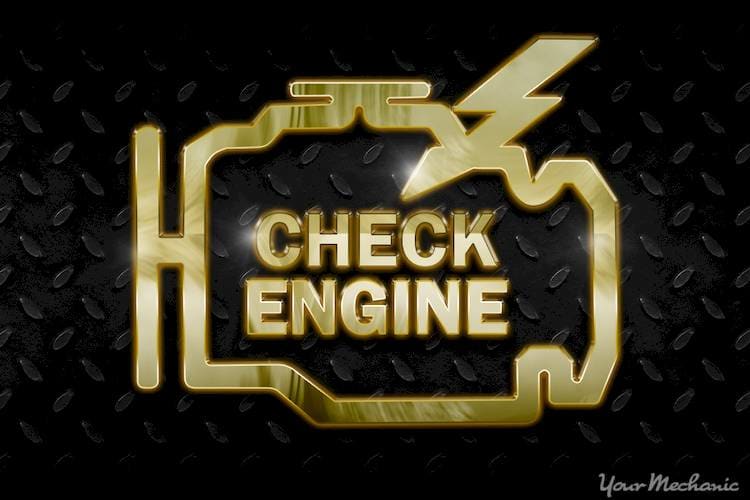B1929 code definition
The B1929 trouble code indicates that the airbag electronic controller unit (ECU) has detected a circuit malfunction in the airbag system's safing sensor.
What the B1929 code means
The safing sensor acts as a failsafe to ensure the airbag system's crash sensor doesn't go off without appropriate circumstances. If a B1929 trouble code has been reported, it means the safing sensor has been identified as having an incomplete circuit. This will disable the safing sensor (and, by extension, the airbag) until the issue has been solved.
What causes the B1929 code?
In the instance of a B1929 code, the issue is most likely due to a fault in the electrical wiring. Disconnected, shorted, corroded, faulty or otherwise broken wiring may be to blame for the code. The safing sensor itself may also be faulty. In rarer cases, the airbag ECU itself may be malfunctioning, and inaccurately reporting problems as a result. However, due to the rarity of a malfunctioning control unit, it should only be considered if all other potential causes have been exhausted.
What are the symptoms of the B1929 code?
Because the safing sensor needs to be triggered with the crash sensor in order to deploy the airbag, a malfunctioning safing sensor will disable the airbag deployment system. For the sake of diagnosing the issue, a stored B1929 trouble code and an illuminated engine lamp will occur alongside the practical symptoms.
How does a mechanic diagnose the B1929 code?
The B1929 trouble code should be first diagnosed by linking the vehicle up with an OBD-II code reader and reading the code as such. The safing sensor and its circuit should be tested with a voltmeter to check for faulty components and the source of the circuit break. Any wiring relating to the safing sensor circuit should be examined thoroughly to look for signs of damage, disconnection or corrosion. Any potential problem areas should be identified for the repair stage.
Common mistakes when diagnosing the B1929 code
A trouble code relating to body-related (or B-class) issues may stand for different problems, depending on the make of vehicle. This can result in misinterpreting the code if the OBD-II scanner doesn’t describe the specific issue. For instance, in GM models, a B1929 code can refer to a malfunctioning driver's seat heating sensor. Make sure you have interpreted the code properly before moving forward with any repairs.
How serious is the B1929 code?
For as long as the B1929 is unresolved, the airbag deployment system should be considered disabled. This has the obvious effect of making the vehicle less safe in the event of a crash. Other safety precautions most importantly seatbelts, should be seen as even more crucial until the B1929 issue has been addressed.
What repairs can fix the B1929 code?
If the safing sensor has been identified as faulty, it should be repaired or replaced as needed. Any faulty or broken wiring related to the safing sensor and airbag system should be addressed accordingly. In the rare case that the ECU has been cited as faulty, it should be replaced or at least reprogrammed. After your repairs have been finished, restart the vehicle to see if the code returns. Testing the vehicle will let you know immediately whether or not the repairs have succeeded.
The safing sensor is typically found on the passenger’s side, behind the kick panel. It is located on the passenger’s side in order to make it more sensitive to crash impact.
Other airbag deployment system-related codes may be stored alongside the B1929 code.
Need help with a B1929 code?
YourMechanic offers certified mobile mechanics who will come to your home or office to diagnose and repair your vehicle. Get a quote and book an appointment online or speak to a service advisor at 1-800-701-6230.
OBD-II
trouble codes
B1929





